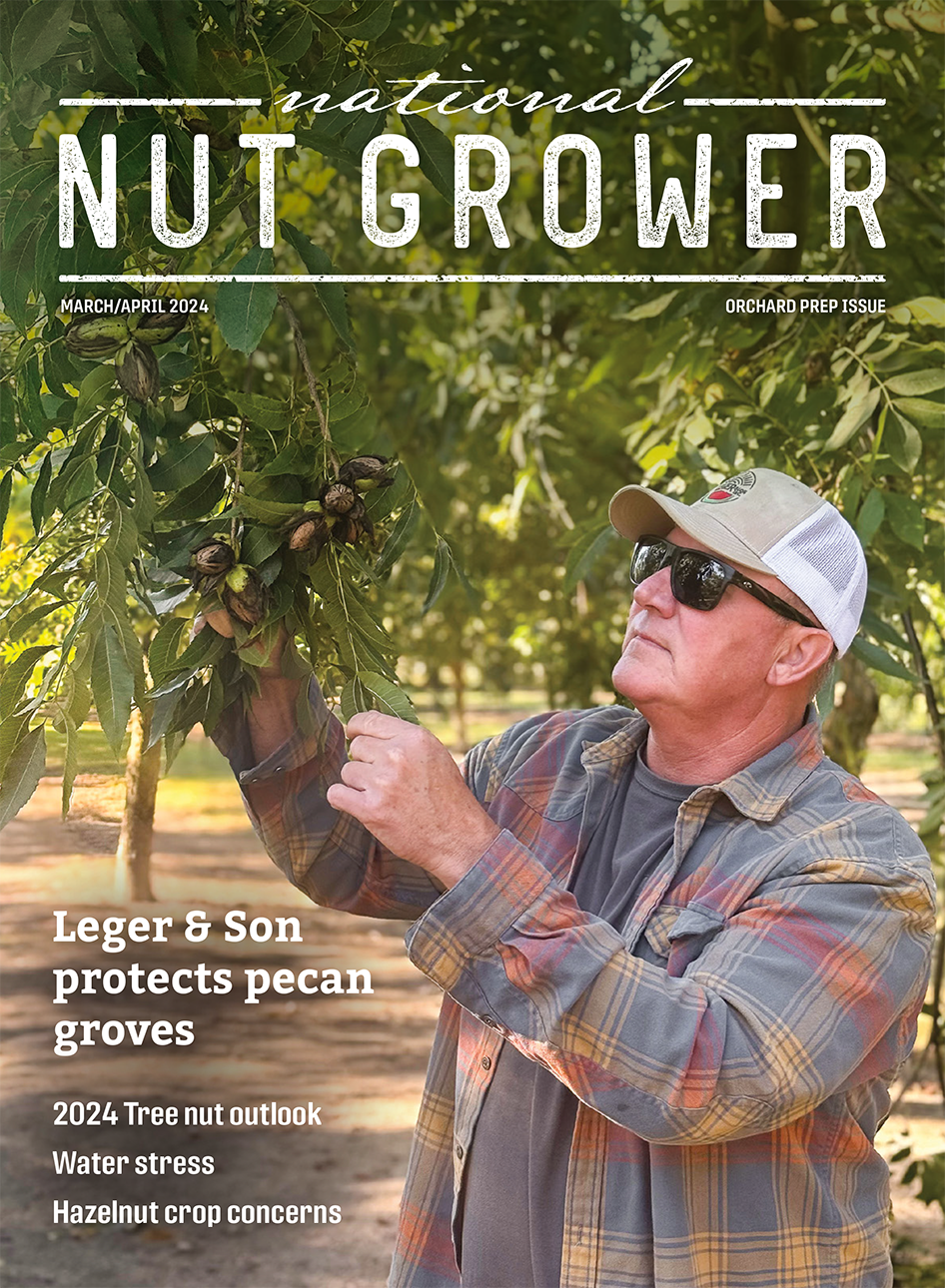Apr 13, 2022Klamath farmers facing water cuts
Food production along the California-Oregon border will likely be significantly curtailed after the federal government announced Monday that it intends to allocate 50,000 acre-feet of water to Klamath Basin irrigators this year.
U.S. Bureau of Reclamation, which manages the federal Klamath Water Project, released a temporary operations plan for the 2022 water year, in which the Klamath Water Users Association said the allocation is less than 15% of what irrigators need. The announcement comes amid a third consecutive year of drought and follows a zero allocation for the basin last year.
“On a single acre, we can produce over 50,000 pounds of potatoes or 6,000 pounds of wheat. This year, most of that land will not produce any food because the government is denying water for irrigation,” said Tulelake farmer Ben DuVal, president of the Klamath Water Users Association, which represents Klamath Water Project irrigators.
The bureau announced that water from Upper Klamath Lake will be dedicated to fish species based on regulatory guidelines put in place by the National Marine Fisheries Service and U.S. Fish and Wildlife Service. NMFS has authority related to coho salmon, considered a threatened species under the Endangered Species Act. USFWS has authority related to Lost River suckers and shortnose suckers, both listed as endangered under the ESA.
“Federal agencies’ experiment of increasing water allocation to these ESA-listed species has been tried for 25 years in the Klamath Basin,” the Klamath Water Users Association said in a statement. “Yet there is no evidence this policy has benefited the target fish populations.”
Meanwhile, DuVal said, “If we farmers failed as badly as the federal agency biologists who are controlling water policy, our bankers would have foreclosed on us 20 years ago.” He said, “The regulators’ performance is unacceptable and should be embarrassing to federal decision makers.”
The bureau announced $20 million is available to help mitigate economic damage to farms that do not use irrigation water this year. But the KWUA said the funding can’t replace the loss of food production, jobs and community impacts resulting from federal water management policies.
– California Farm Bureau Federation







